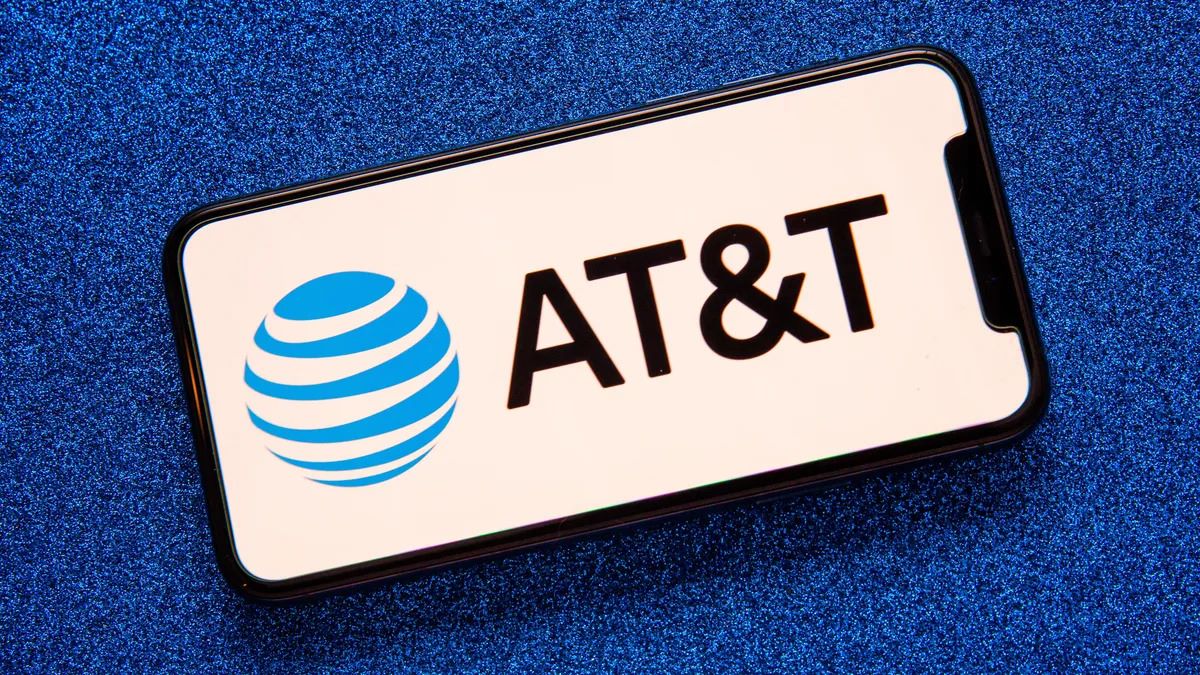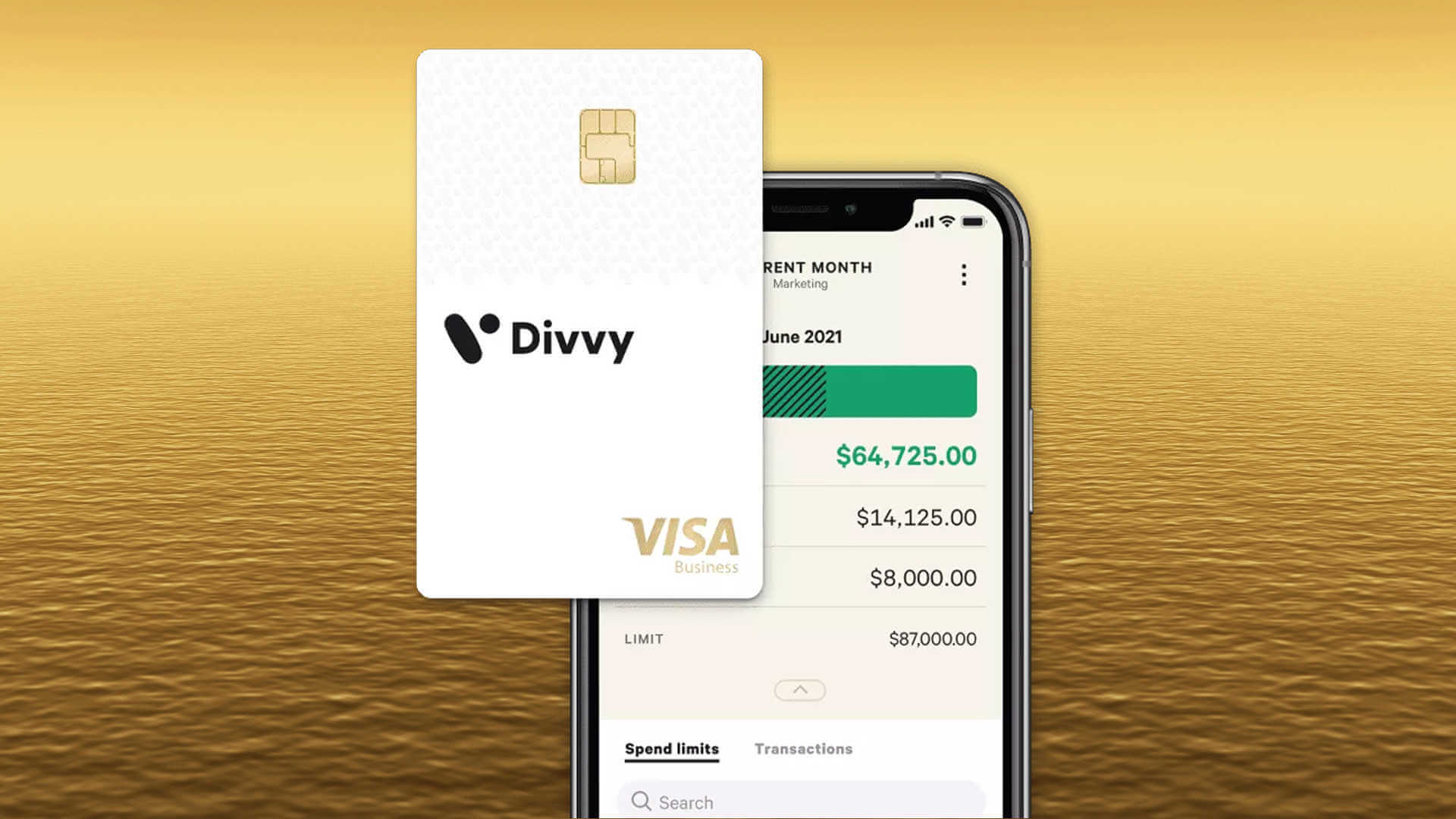

Finance
What Credit Score Do You Need For AT&T
Published: October 21, 2023
Find out what credit score is required to get approved for AT&T financing. Discover the finance options available and boost your chances of getting approved.
(Many of the links in this article redirect to a specific reviewed product. Your purchase of these products through affiliate links helps to generate commission for LiveWell, at no extra cost. Learn more)
Table of Contents
Introduction
Welcome to the world of personal finance where credit plays a vital role in our everyday lives. Whether you’re purchasing a new home, buying a car, or even signing up for a phone service like AT&T, your credit score often determines your financial opportunities. In this article, we will dive into the credit score requirements for AT&T and help you understand what you need to know to secure their services.
AT&T is one of the leading telecommunications providers in the United States, offering a wide range of services including mobile phone plans, internet packages, and TV subscriptions. Like many other service providers, AT&T considers the creditworthiness of its customers before entering into a contract or extending credit. Your credit score serves as a measure of your financial responsibility and gives AT&T an indication of how likely you are to fulfill your payment obligations.
Before we delve into the specific credit score requirements for AT&T, let’s first discuss what credit scores are and how they are calculated.
Understanding Credit Scores
A credit score is a three-digit number that represents an individual’s creditworthiness and financial history. This number is used by lenders and service providers, like AT&T, to assess the level of risk associated with providing credit. The most commonly used credit scoring model is FICO (Fair Isaac Corporation), which ranges from 300 to 850, with a higher score indicating a lower credit risk.
Several factors contribute to the calculation of your credit score, including:
- Payment history: The timeliness of your debt payments, including any late payments or defaults.
- Credit utilization: The amount of credit you are currently using compared to your total available credit.
- Length of credit history: The length of time you have had credit accounts open.
- Credit mix: The variety of credit types you have, such as credit cards, loans, or mortgages.
- New credit inquiries: The number of recent credit inquiries made by lenders.
It’s important to note that each credit bureau (Experian, TransUnion, and Equifax) may have slightly different variations of the FICO scoring model, but they generally follow the same principles.
Now that we have a basic understanding of credit scores, let’s move on to exploring the specific credit score requirements for AT&T.
Credit Score Requirements for AT&T
AT&T, like many other service providers, considers credit scores as a factor when determining eligibility for their services. While AT&T does not publicly disclose their specific credit score requirements, it is generally understood that they prefer applicants with good to excellent credit scores.
A good credit score typically falls within the range of 670 to 739, while an excellent credit score is considered to be 740 or higher. However, it is important to note that having a lower credit score does not automatically disqualify you from being approved for AT&T services. They take other factors, such as income and payment history, into account as well.
If you have a lower credit score, AT&T may require a larger deposit or may offer alternative payment options, such as prepaid plans or month-to-month agreements. It is recommended to reach out to the AT&T customer service team to discuss your specific situation and explore available options.
While the exact credit score requirements may vary, it is generally beneficial to strive for a higher credit score when applying for services like AT&T. A higher credit score not only increases your chances of approval but also gives you access to more favorable terms and rates.
Next, let’s take a look at the factors that affect credit score approvals and how you can check your credit score.
Factors that Affect Credit Score Approval
When applying for AT&T services or any other type of credit, there are several factors that can impact the approval of your credit score. These factors play a crucial role in determining whether you will be approved for credit and the terms you will receive. Understanding these factors can help you better position yourself for credit score approval.
- Payment History: Your payment history is one of the most important factors in determining your creditworthiness. Lenders, including AT&T, want to see a track record of timely payments on your existing credit accounts. Late payments, defaults, and collections can significantly lower your credit score and make it more difficult to get approved for credit.
- Credit Utilization: Another important factor is your credit utilization, which is the ratio of your credit card balances to your credit limits. It is recommended to keep your credit utilization below 30% to maintain a good credit score. A high credit utilization indicates a higher risk, as it suggests you are relying heavily on credit and may have difficulty managing repayments.
- Length of Credit History: The length of your credit history also plays a role in credit score approval. Lenders prefer to see a longer credit history, as it provides more data to assess your creditworthiness. If you have a limited credit history, it may be more challenging to get approved for credit.
- Credit Mix: Having a diverse mix of credit accounts can positively impact your credit score. Lenders like to see a combination of credit cards, loans, and other types of credit. However, it is important to only apply for credit that you actually need and can manage responsibly.
- New Credit Inquiries: Every time you apply for new credit, it generates a hard inquiry on your credit report. Multiple inquiries within a short period can have a negative impact on your credit score, as it may indicate financial instability or excessive credit-seeking behavior.
By understanding these factors, you can take steps to improve your credit score and increase your chances of credit score approval. Let’s move on to discussing how you can check your credit score.
How to Check Your Credit Score
Checking your credit score is an essential step in understanding your financial health and determining your eligibility for credit. Fortunately, there are several ways to access your credit score. Here are a few methods you can use:
- Free Credit Score Websites: Many websites provide free access to your credit score, such as Credit Karma, Credit Sesame, and Experian. These platforms give you regular updates on your credit score and provide additional resources to help you understand and improve your credit.
- Credit Reporting Agencies: The three major credit reporting agencies, Experian, TransUnion, and Equifax, provide access to your credit report and scores for a fee. You can request a copy of your credit report from each agency once a year for free through AnnualCreditReport.com.
- Credit Card Companies: Some credit card companies offer free access to your credit score as a cardholder perk. Check with your credit card issuer to see if this service is available to you.
- Your Bank or Credit Union: Some financial institutions offer credit score monitoring services to their customers. Reach out to your bank or credit union to inquire about the availability of this service.
Remember, it’s important to regularly check your credit score to stay informed about your financial standing and address any potential errors or discrepancies. Monitoring your credit score allows you to take proactive steps to improve it if needed.
Now that you know how to check your credit score, let’s explore some strategies for improving your credit score.
Improving Your Credit Score
If your credit score is not where you want it to be, don’t fret. There are steps you can take to improve it over time. Here are some effective strategies for boosting your credit score:
- Pay Your Bills on Time: Your payment history has a significant impact on your credit score, so make sure to pay all of your bills, including credit card payments, loan payments, and utility bills, on time. Set up reminders or automatic payments to help you stay on track.
- Reduce Credit Card Balances: Lowering your credit card balances can have a positive impact on your credit score. Aim to keep your credit utilization below 30% of your available credit. Consider paying more than the minimum payment each month to make progress faster.
- Don’t Close Unused Credit Accounts: Closing unused credit accounts may seem like a good idea, but it can actually harm your credit score. Keeping these accounts open can help improve your credit utilization ratio and demonstrate a longer credit history.
- Apply for New Credit Wisely: When applying for new credit, be selective and only apply for credit that you truly need. Each new credit application generates a hard inquiry on your credit report, which can temporarily lower your score.
- Check Your Credit Reports for Errors: Regularly review your credit reports from the three major credit bureaus to ensure there are no errors or inaccuracies. If you find any discrepancies, dispute them with the credit reporting agency to have them corrected.
- Build a Positive Credit History: If you have a limited credit history, consider opening a secured credit card or becoming an authorized user on someone else’s account to start building a positive credit history. Make sure to use the credit responsibly by making regular payments and keeping balances low.
Remember, improving your credit score takes time and patience. Consistently practicing these strategies will gradually lead to a higher credit score and better financial opportunities.
Now, let’s explore some tips to increase your chances of approval with a low credit score when applying for AT&T services.
Tips for Getting Approved with a Low Credit Score
If you have a low credit score and are concerned about getting approved for AT&T services or any other type of credit, there are a few tips you can follow to increase your chances:
- Explore Prepaid Options: Consider opting for prepaid plans offered by AT&T. Prepaid plans do not require a credit check, making them an accessible option for individuals with lower credit scores. These plans often provide similar features and benefits as traditional postpaid plans.
- Pay a Higher Deposit: If you are applying for a postpaid plan, be prepared to pay a higher deposit. A larger deposit can help alleviate the perceived risk for the service provider and increase your chances of approval, even with a low credit score. This deposit is usually refundable after a certain period of on-time payments.
- Consider a Co-Signer: Another option is to find a trusted individual with good credit who is willing to co-sign for your AT&T services. A co-signer essentially guarantees your payment obligation, reducing the risk for the service provider and increasing the likelihood of approval.
- Provide Proof of Income: If you have a low credit score but a steady income, consider providing proof of your income to AT&T. This can help demonstrate your ability to handle the financial commitment and may positively impact their decision-making process.
- Pay Off Outstanding Debts: Prioritize paying off any outstanding debts or collections on your credit report. Not only will this improve your credit score in the long run, but it will also show AT&T that you are actively working to manage your financial obligations.
- Communicate with AT&T: Reach out to AT&T’s customer service and explain your situation. Sometimes, they may provide options and accommodations for customers with lower credit scores, such as flexible payment plans or credit-building initiatives.
Remember, even if your credit score is lower than you’d like, it doesn’t mean you won’t be able to secure AT&T services or other credit opportunities. By exploring alternative options and demonstrating your willingness to meet your financial obligations, you increase your chances of approval.
Now, let’s wrap up with a summary of the key points discussed in this article.
Conclusion
Credit scores play a crucial role in many aspects of our financial lives, including our ability to secure services like AT&T. While AT&T does not publicly disclose their specific credit score requirements, having a good to excellent credit score increases your chances of approval. However, even with a lower credit score, there are options available to you, such as prepaid plans, higher deposits, and co-signers.
To improve your credit score, focus on building a positive payment history, reducing credit card balances, and maintaining a healthy credit mix. Regularly check your credit score through free websites or credit reporting agencies to monitor your progress. Remember to be selective with new credit applications and dispute any errors on your credit reports.
If you have a low credit score, consider prepaid options, paying a higher deposit, providing proof of income, or reaching out to AT&T’s customer service team to discuss your situation. By taking proactive steps and demonstrating financial responsibility, you can increase your chances of securing AT&T services or other credit opportunities.
Remember, improving your credit score is a gradual process, so be patient and consistent in your efforts. Take control of your financial health, and you’ll pave the way for better opportunities and financial well-being.
Now that you have a better understanding of credit score requirements for AT&T and strategies for improving your credit score, you can confidently navigate the world of credit and make informed decisions about your financial future.














